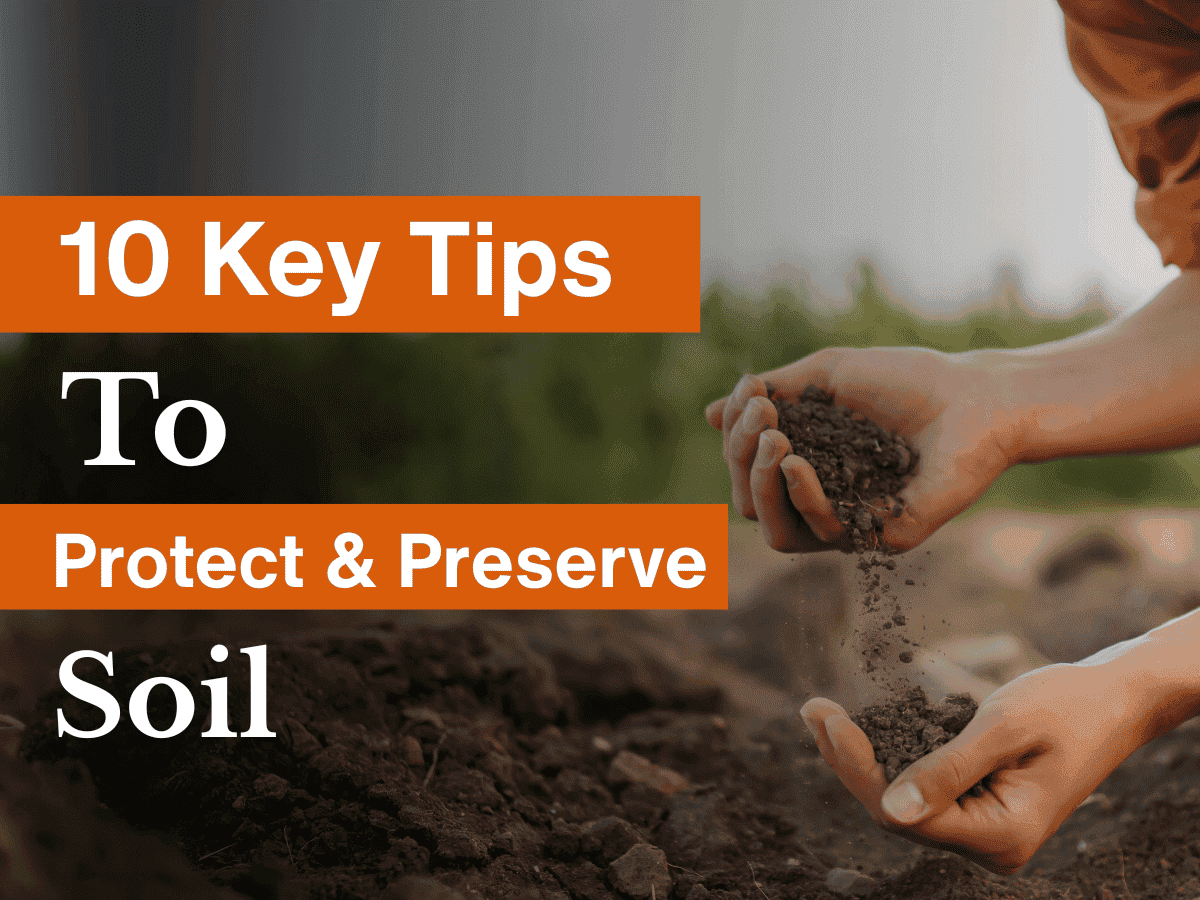ceat-speciality:blogs-tags/all,ceat-speciality:blogs-tags/agriculture
Agricultural License in India: A Complete Guide
Fri, 7 Nov 2025 | PRODUCTS
Farming in India is more than just growing crops; it’s a major part of the country’s economy. If you’re a farmer, an agricultural entrepreneur, or run a food business, getting the right licenses and permits isn't just a legal formality—it’s crucial for success.
Think of these licenses as the essential paperwork that allows you to operate legally, access valuable government support, and sell your produce in the best markets, both within India and internationally. This guide breaks down the major agricultural licenses in India and explains how to navigate the process easily.
Why Licensing is Non-Negotiable
Having the correct permits is the first step toward a secure and profitable farm business.
Benefits of Compliance
- Legal Compliance: Getting licensed ensures you follow the law, helping you avoid penalties, fines, and operational interruptions.
- Government Support: Licensed farmers are eligible for various government schemes and subsidies designed to boost agricultural growth.
- Market Access: Certifications like FSSAI and Organic Certifications open doors to premium domestic markets and the high-value international export market.
- Quality Assurance: Licenses often require you to meet specific quality standards, which builds trust with consumers and buyers.
Types of Agricultural Licenses You Might Need
The specific permits required depend on what you grow, what you sell, and the scale of your operation.
Land and Water Use
- Land Lease Agreements: If you rent land, this legal document outlines the terms and conditions for agricultural use.
- Land Conversion Permit: If you ever plan to change agricultural land for non-agricultural use (like building a processing unit), you need permission from local authorities.
- Water Utilisation Permit: Necessary if you draw water from rivers, canals, or borewells (groundwater) for irrigation purposes.
Trade, Inputs, and Products
- Fertilisers and Pesticides Licenses: If you plan to sell or deal in these essential farming inputs, you need a Dealer’s License. A separate Custom Application License is sometimes required for applying them to others.
- Seed and Nursery Licenses:
- Nursery License: Required if you operate a nursery for propagating plants.
- Seed Certification License: Needed to ensure your seeds are certified as pure and clean, which is essential for quality control. - Food Safety (FSSAI) Licenses: Any unit involved in food processing, packaging, or the food business must obtain a license from the Food Safety and Standards Authority of India.
High-Value and International Trade
- Organic Certifications: To label and sell your products as organic, you must get certified by approved agencies like APEDA or NPOP.
- Export/Import Licenses: If you are planning to send your harvest overseas or import specialised agricultural inputs (such as CEAT Specialty agricultural tyres), you’ll need the necessary export or import licenses, depending on the product.
The General Procedure: How to Apply
While the exact steps vary by state and license type, the process usually follows a general path:
- Identify: Clearly list every license and permit you need for your specific agricultural activities.
- Gather: Collect all necessary documents, including proof of identity, land ownership papers, and business registration details.
- Submit: Apply to the concerned government department or agency.
- Inspection: Authorities may conduct an on-site inspection to verify the details in your application.
- Pay Fees: Pay the prescribed government fee for the license or permit.
- Issue: Once verified, the license is granted.
Navigating the Challenges
We know the process isn't always smooth. Farmers often face challenges like bureaucratic delays, complicated procedures, and a lack of awareness about specific requirements.
- Actionable Advice:
- Seek Guidance: Don't go it alone. Consult an agricultural expert or a legal professional to ensure you know all the requirements and follow the correct procedures.
- Go Digital: Where possible, use online application platforms for easier and faster submission.
- Push for Transparency: Be aware of your rights and demand transparency in the process.
The future of agricultural licensing is moving towards digitalisation, 'One Stop Shops' for multiple licenses, and farmer-friendly policies to make the whole system easier for everyone.






















